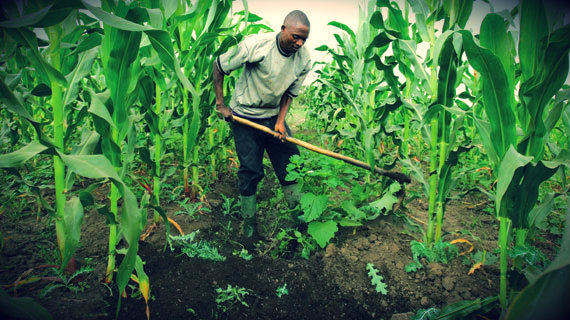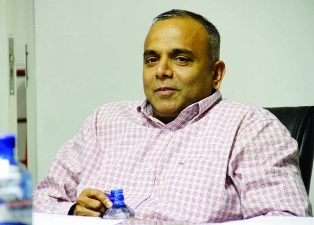
AT least 50% of land in sub-Saharan Africa should be registered as a means of enhancing land–related investments and productivity, the World Bank (WB) has said.
Victoria Mtomba
In its report titled Securing Africa’s Land for Prosperity, the WB said despite the fact that Africa had half of the world’s usable and uncultivated land, it was a cause for concern that it had the highest poverty rate, with close to half the population living on less than $1,25 a day.
The report says only 10% of Africa’s land is registered, with the other 90% undocumented and informally administered.
“Scaling up the registration of land from 10% to 50% would have a considerable impact on the development of agriculture and the rest of the economy in sub-Saharan Africa. It would improve land tenure security for individual landholders and, in turn, boost land-related investments, productivity, and gender equity if backed by a favourable regulatory framework,” the report reads.
The report states that Africa has not leveraged its abundant agricultural land and natural resources to generate shared and sustained growth to eradicate poverty.
“There is a general disconnect between abundant land and development. Sub-Saharan Africa has the most land available and suitable for agriculture, the highest productivity gap among regions and the highest poverty rate,” the report reads.
The report further states that land ownership inequalities and landlessness are growing problems in the Ivory Coast, Kenya, Liberia and Southern Africa.
- Chamisa under fire over US$120K donation
- Mavhunga puts DeMbare into Chibuku quarterfinals
- Pension funds bet on Cabora Bassa oilfields
- Councils defy govt fire tender directive
Keep Reading
The problems, according to the report, are likely to undermine shared growth and social cohesion, as has happened in Zimbabwe in 2000 at the height of farm invasions.
“Although the problem of poor land governance is daunting, it is not insurmountable. The last decade has witnessed concerted efforts by pan-African organisations and African countries to undertake land policy reforms and to pilot innovative approaches to improve land governance.”










